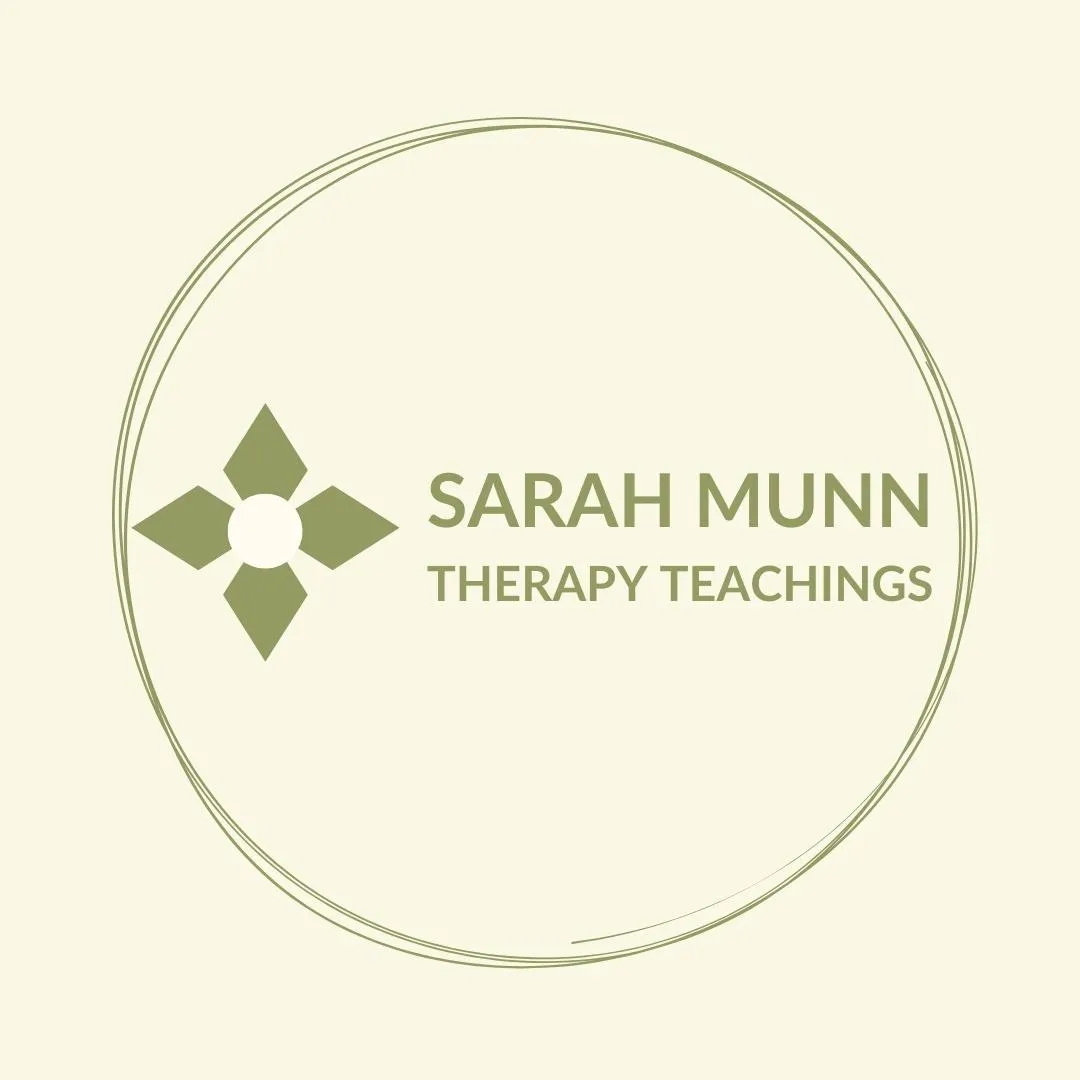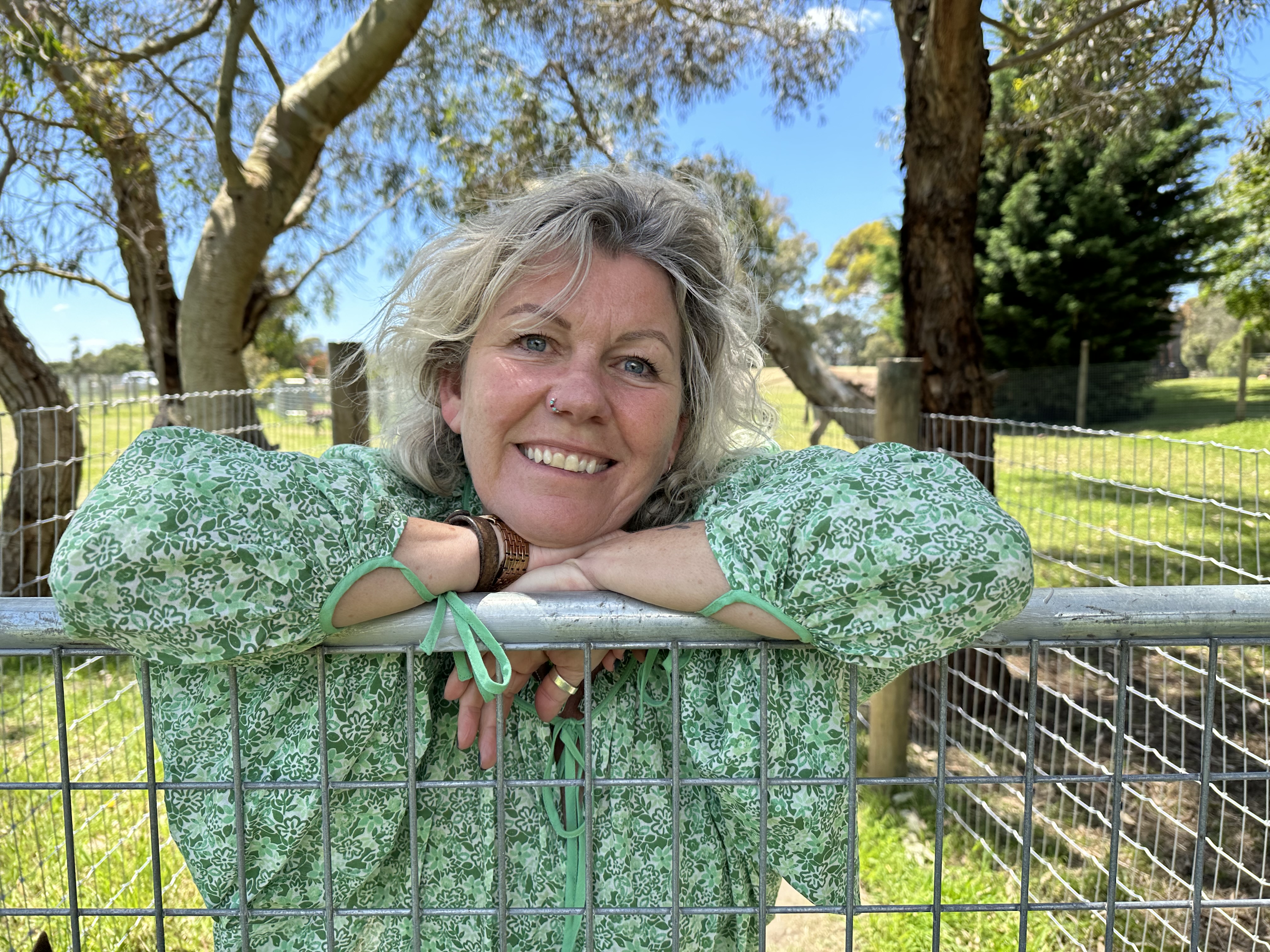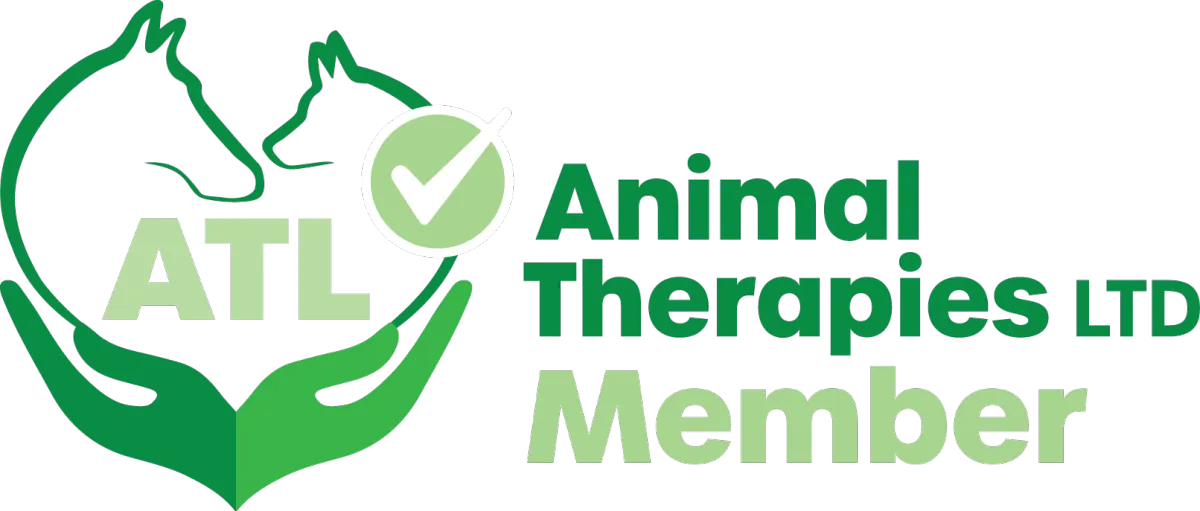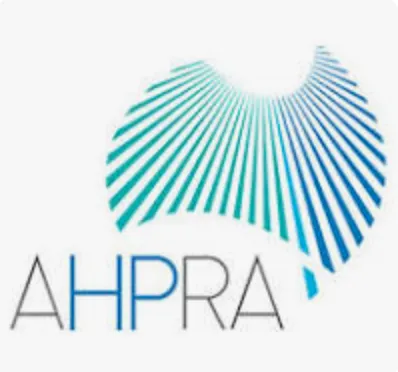Parent Resources
BLOGS
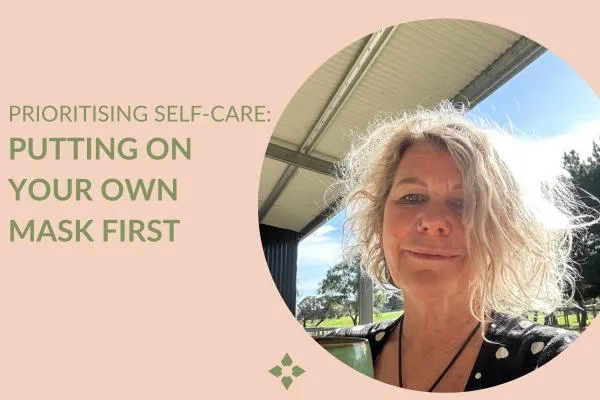
Prioritising Self-Care: Putting On Your Own Mask First
“As parents we are often quite ambivalent, fluctuating between thinking we are doing fine, and then stressing and feeling guilty that we aren’t doing it right, or aren’t doing enough. ” - Sarah Munn
Putting on Your Own Mask First
The ambivalence of parenting
As parents we are often quite ambivalent, fluctuating between thinking we are doing fine, and then stressing and feeling guilty that we aren’t doing it right, or aren’t doing enough.
This parenting gig is a tough one, and we doubt our ability when things go wrong. For those of us with children in therapy, home programs can sit on the kitchen bench, uncompleted, shaming us, like their eyes follow us around the room whispering, ‘you are a failure, you didn’t do it, you’ll never get this right.’
Navigating the sea of advice
I know this sounds dramatic but advice from therapists can be hard to implement and often our own needs get in the way. When one therapist says find rest for yourself, another says do the home practice, another says try a different therapy, another says give the child a break to be a child. So many confusing and conflicting things going on. Do after school activities, give them a rest, let them eat what’s safe for them, expand what they eat, leave them to it, help them do it. Wow!
Breaking point
No wonder it’s exhausting and we don’t know what we are doing half the time. Especially since some of us are also neurodiverse, overwhelmed and disorganised. Smiling through and masking beautifully with the occasional adult tantrum or meltdown thrown in, when we simply have stacked up stress and anxiety and been pushed beyond of our window or tolerance in the sensory environment - and then boom, crack, we just sometimes just break. This isn’t reserved just for the ND families, it happens to everyone. It’s part of everyday parenting for so many. Maybe others don’t experience it as deeply or as regularly, but still, no parent floats through raising their children without problems to face.
The art of prioritising self-care
Despite all of this, I have finally decided I know what I’m doing. And it starts with me.
Before I look at helping the kids I need to regulate myself first. And that’s not a quick thing I can do in the moment. I had to learn how. This learning is absolutely essential. It’s like putting on your own mask first on the plane. But you have to know how, and you have to have prepared by watching the demo and reading the leaflet in the seat pocket in front of you. As a seasoned traveller will know, after a while you are confident you know what you’re doing, and that it would all kick in automatically as needed. Many things in life are similar. Experience, opportunities, practice and repetition are essential to learning and mastery. We can see each challenge as a learning opportunity to get ourselves in check rather than only focusing on what the child is doing wrong.
A journey of self-regulation
I know how to work on myself now, using everyday strategies and activities. I understand how I function best at work and at home. I know how to talk to others so they understand me, mostly. I don’t always get life right, and often my skills are left wanting, but I can love myself better and forgive myself my mistakes. Bringing good times into my life, assessing my sleep and rest, routines and rituals is all important.
Invest in yourself for your children I say all this to motivate people to look into themselves. Get yourself a coach, a therapist or a counsellor who can give you practical strategies to look inward and behave in a regulated way in your family. This is a game changer. This is what parenting is to me. This is what I love to share with others as a therapist and a parent coach so you can all learn to really love the life you have. And what you invest in yourself is invested in your children.
BOOK REVIEWS
Hagitude by Sharon Blackie
One of my less evidence-based and more woo woo choices which I recommend to people who are in the depths of the despair we call peri-menopausal, or heading into the more mature years.
Hagitude talks of the wisdom and acceptance of older age as women, and tells the myths and stories that surround us. Often as mothers we have our kids with additional needs at home longer, or forever. And unlike other kids still hanging around at home into their thirties and moving in with their partners, even having babies, some of our kids won't do that. They may not work, or have a purposeful activity every day, they may not drive, or be independent at home.
In these circumstances, that quest for self, for the sense of identity that we lost, for the search and essence of who we are, this acceptance and finding oneself in the greying years can be a magical transformation.
And the story telling in this book is a helpful and interesting addition.
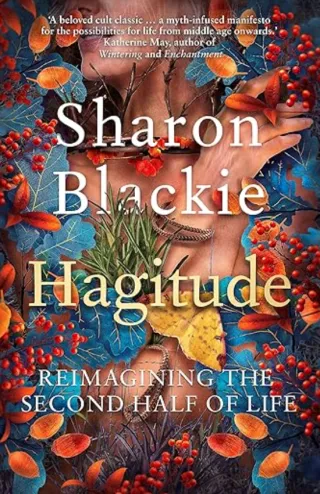
The Well Gardened Mind by Sue Stuart-Smith
This book is an intelligent review of the history of gardening. It has recollections of famous psychologists and artists and the affect that gardens, nature and gardening had on their lives.
From Freud to Winnicott these stories remind us of the inherent nature of gardening within the life of human beings, and the positive and mindful properties of beauty, flowers and the pant, grow, harvest and cycle.
Stuart-Smith takes us back to the first world war and the gardens built among the rubble of the trenches, and to the elderly who cling on to their window boxes and pots to stay present when there is not much time ahead of them.Her addition of photos including, ironically, Freud on his bed in the garden, provide a strong visual to the stories and accounts in the book.
I loved this book for its inspiration to remember that gardening is intrinsically mindful and meditative. There are great examples of garden design which I can include when we make our gardens at the new farm.
I want to create safe spaces where people can feel both safe, protected and free, and Stuart-Smith provides good impetus for this. I want to create spaces where mindfulness will be easier, and where we can engage in activities which allow us to be present. Personally this book reminded me to get outside and get dirt under my finger nails.
A great benefit for me on days when I find meditation difficult due to dissociation which I sometimes experience. I will certainly get my boys in the garden for mindfulness as much as I can. As they get older their interest in my ideas is fading and their own passions take over. But this book reminded me to persist with having them gardening, however dorky and boring they may find it.
Because this is sometimes more accessible than a seated meditation.
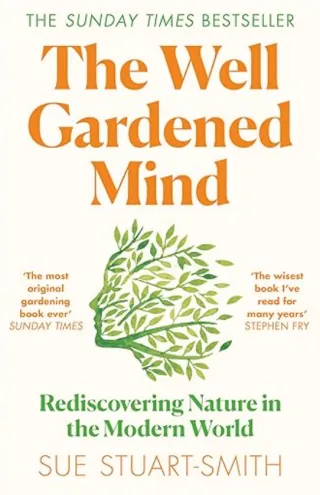
Letting Go - The Pathway of Surrender by David R. Hawkins M.D., Ph.D.
This is a big book in so many ways. It is often referenced, packed with ‘aha’ moments and one of the cornerstones of this kind of modern thinking into our own process of letting go.
If you are working on letting feelings come up, noticing them, not judging them, and learning to let them go, then this is a good addition to your reading list.
Some parts I was a bit, ‘yes I already know this’, but then I would find myself thinking ‘Oh Gosh, that’s me, I can do that differently and get a more peaceful result.’
Well worth practicing these techniques if this kind of thinking suits your mindset. I would be surprised if many people didn’t take something away from this book. But it is long and maybe a good one for an audiobook road trip.
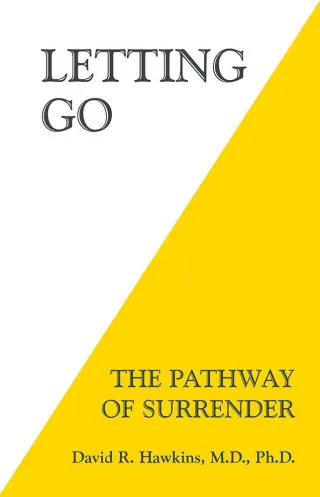
The Language of Archetypes by Caroline Myss
I loved romping through this 12 hour audiobook packed full of archetypes, mystery and magic. Not to mention historical characters, Queens and Goddesses, I now recognise as part of who I am.
If you like pure evidence-based, scientific information this definitely is not for you!But if you don’t mind suspending disbelief a bit, it is quite entertaining and is delivered in the form of her live workshops. Archetypes date back to Plato and were popularised in psychology by Carl Jung.
Caroline adds some modernisation to it all by extending beyond Jung’s 4 and 12, but I wonder if it waters down the pure form too much. Caroline has a quirky manner which is very straight forward.I love her and think it’s hilarious. A touch of that autistic witchy no-nonsense about her.
I can imagine she would irritate some people though.If you want to find out if she is for you she has a lot of short YouTube videos on archetypes you can start off with. I loved it, but I also took it with a pinch of curios, comedic salt.
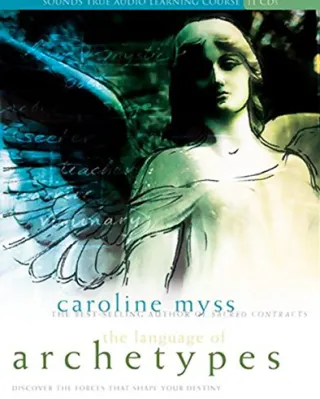
Acknowledgement to Country
We Respect and Acknowledge the Traditional Custodians of Country throughout Australia and their connections to the land, sea and community, and recognise the land on which we work is home to the Bunurong / Boon Wurrung members of the Kulin Nation. We pay our respects to all Elders past, present & future.
We meet the required standards for Insurance and Education.
Farm:
Gadara Farm
470 Boneo Road
Boneo, Vic 3939
Clinic:
Barefoot Therapists
1/16 Henry Wilson Drive
Rosebud Vic 3939
(03) 5981 1120
Sarah Munn Therapy Teachings
ABN 62307340650
Connect with us
We'd love to connect with you on Facebook or Instagram.
